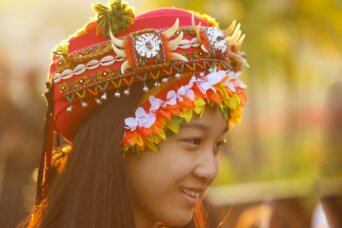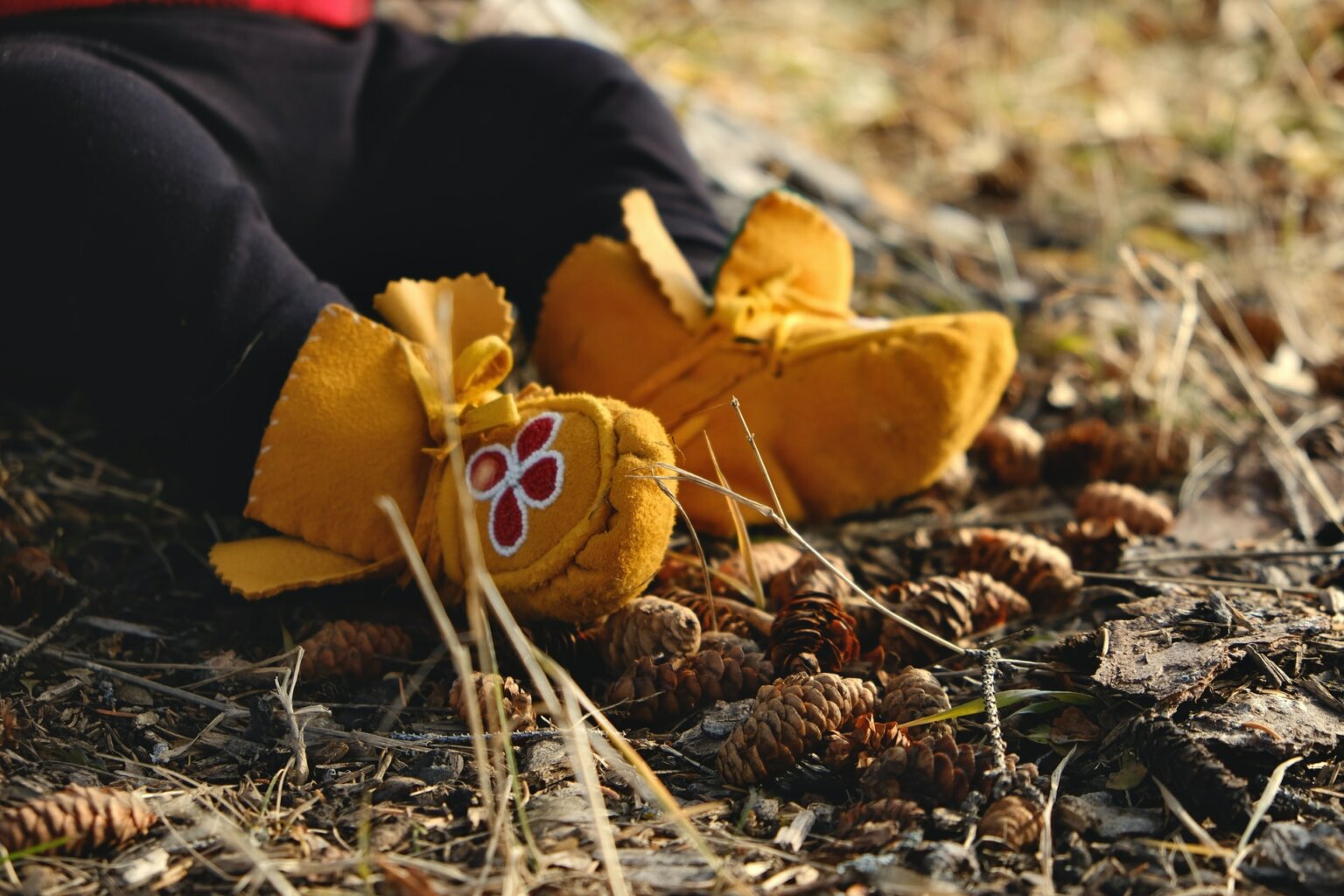- About
- Topics
- Picks
- Audio
- Story
- In-Depth
- Opinion
- News
- Donate
- Signup for our newsletterOur Editors' Best Picks.Send
Read, Debate: Engage.
| topic: | Indigenous people |
|---|---|
| located: | Taiwan |
| editor: | Sun Ma |
“Liar!” The indigenous people in Taiwan shouted to President Tsai Ing-wen on the Indigenous Peoples Day last Monday, 1 August, when Tsai claimed that the government would continue to make the indigenous people “more mainstream” in society. Undoubtedly, Taiwan has been making efforts in advancing aboriginal rights in the past years, but still many issues have yet to be addressed.
The history of indigenous people in Taiwan can be traced back to more than 6,000 years ago. They were the only residents in Taiwan until the 17th century when the island was ruled by a series of foreign regimes, including the Dutch, Chinese and Japanese. Today, about 96 percent of Taiwan’s population are Han Chinese, while only 2.5 percent are Taiwanese indigenous people. According to the statistics in 2021, there are 580,758 indigenous people composed of 16 tribes, of which the Amis constitutes the largest group.
The indigenous people were called “shanbao” by the old rulers, meaning ‘mountain compatriots’, which is considered discriminatory by the people. Their claim for the name rectification was massive since 1984 and the name ‘indigenous people’ was eventually rectified into the Constitution in 1994. Nevertheless, they are still marginalised by mainstream society today.
The island’s original inhabitants had built their own way of living, social regulations and governance before the foreign powers arrived. Their invasion inevitably disrupted the lives and the living environments of the indigenous people, such as their tradition of hunting and gathering.
Land rights are of major concern of the Taiwanese indigenous people. According to the United Nations’ Declaration on the Rights of Indigenous Peoples, aboriginal groups have the right to determine and develop priorities and strategies for the development or use of their lands or territories and other resources. Yet, the land of the indigenous people is being exploited without the consent of the tribes.
For example, earlier this year, the Atayal Resort in Nantou County was found to be an illegal occupation of aboriginal reserve land, the designated resources for the indigenous people. The resort has developed into a tourist attraction consisting of hotel rooms, camp sites, outdoor hot springs and European-style gardens. What is even more unacceptable is that the local government is allegedly collaborative in the unlawful arrangement and let the operators exploit the rights of the indigenous people.
The native people like Panai Kusui, a singer and social activist who has led the Indigenous Ketagalan Boulevard protest since 2017, believed the government would restore the land protection to indigenous culture after Tsai took office in 2016, but they were disappointed after years of waiting. Her indigenous ancestors used to hunt in the mountains and sail to the ocean without a permit, but these activities are all illegal now. “We are illegal for being indigenous,” she said.
As ethnic minorities, the 16 indigenous tribes suffer discrimination from some conservative parts of the country. The rectification of the discriminatory name was a start, but the legislation to protect their rights is still underway, if not lagging behind. Equal rights and diverse culture are of paramount importance to a vibrant society and we have to remember what Panai Kusui put in her protest slogan: “No one is an outsider.”
Photo by Boris Smokrovic

